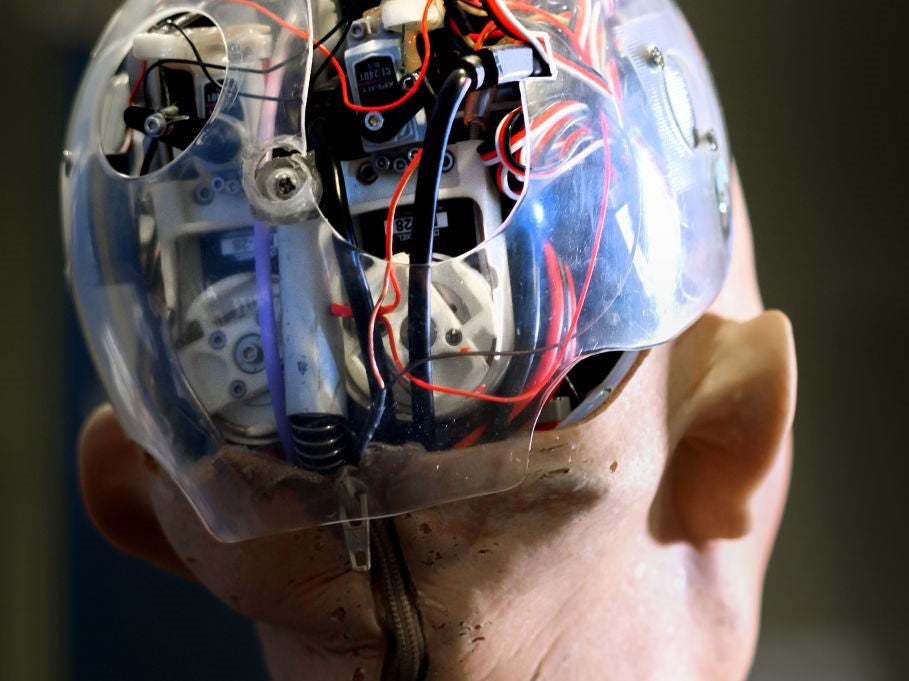Scientists take major step towards creation of ‘quantum brain’ that could completely change computers

Scientists say they have made major steps towards the creation of a “quantum brain” – a computer that could function and change like a human’s.
Researchers have long been looking to create an intelligent material that is able to learn by changing itself physically, in the same way our brain does. Such a discovery could open up an entirely new generation of computers.
Now researchers have been able to assemble a network of individual atoms that re together able to pattern and connect in a way similar to the behaviour of neutrons and synapses in our brains, they report in the journal Nature Nanotechnology.
The new research looks in part to deal with the fact that as demand for computing capacity grows across the world, it brings the need for more data centres; as data centres grow, so does the energy required to power them, which in turn can make them unsustainable.
“It is clear that we have to find new strategies to store and process information in an energy efficient way,” said Alexander Khajetoorians, professor of scanning probe microscopy at Radboud University and the leader of the project.
Artificial intelligence works by recognising patterns in the world by being able to spot, and learn, from what it can see. Currently, that is done through machine learning software that hands off its information to a computer hard drive.
“Until now, this technology, which is based on a century-old paradigm, worked sufficiently. However, in the end, it is a very energy-inefficient process,” said Bert Kappen, professor of neural networks and machine intelligence at Radboud University.
Instead, researchers hope to create a system that would do this using hardware, rather than software. To do so, they were able to build a network of cobalt atoms, placed on black phosphorus, they could create a material that is able to store and process information in similar ways to a brain – and, like a brain, it is able to adapt itself.
The researchers had already demonstrated that it is possible store information in a cobalt atom. They discovered that it was possible to “fire” such an atom by applying voltage to it, in a similar way to an individual neutron in the brain.
In the new research, they found they could path them together into an ensemble. When they did, it worked similar to a brain, akin to an artificially intelligent system.
They also found that the synapses changed depending on what they experienced.
“When stimulating the material over a longer period of time with a certain voltage, we were very surprised to see that the synapses actually changed. The material adapted its reaction based on the external stimuli that it received. It learned by itself," said Professor Khajetoorians.
Join our commenting forum
Join thought-provoking conversations, follow other Independent readers and see their replies
Comments
Bookmark popover
Removed from bookmarks